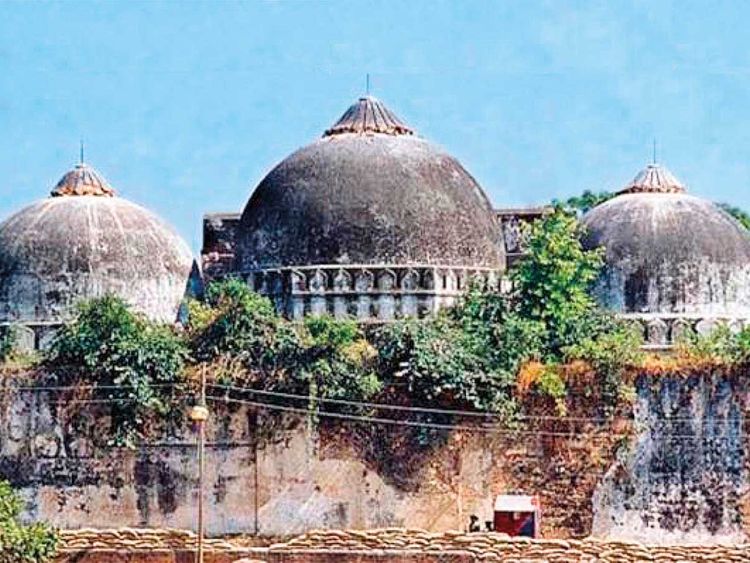Ahead of the Babri Masjid verdict in the Supreme Court, the All India Muslim Personal Law Board (AIMPLB) has asked the media to refrain from rabble-rousing and peddling propaganda while reporting on the case which is sub-judice in the apex court.
In a statement, the AIMPLB said: “A large section of the press, mainly electronic media, is involved in rabble-rousing and propaganda. Such coverage may help in spreading hatred and animosity among the citizens of the country.”
It said that except for some quarters of the press who have been fair, a large section of media has started reporting the Babri Masjid case in a manner that violated the basic principle of neutrality in reporting.
The Board urged the media to stick to the advisory issued by the News Broadcasting Standards Association (NBSA) regarding the coverage of the Ram Janambhoomi-Babri Masjid land dispute.
“A matter which is pending before the Supreme Court must be reported in the press from a legal point of view without any adjective, personal opinion, prejudice, bias or emotional narrative in the garb of freedom of the press,” the statement said.
The Babri Masjid in Ayodhya was razed to the ground on December 6, 1992, by extremists Hindus, claiming that it was built on the site of a temple allegedly destroyed by Muslim rulers. The demolition of the medieval mosque, which was constructed under the rule of the first Mughal Emperor Babar, triggered religious riots in many parts of India that resulted in the death of more than 1000 people.
The dispute over the land has been going on for several decades, with both Hindu and Muslim groups claiming their right to it.
Chief Justice of India Ranjan Gogoi is expected to deliver the verdict in the case before his retirement on November 17.
The court held a day-to-day hearing for 40 days on a batch of petitions challenging Allahabad High Court’s order trifurcating the 2.77 acres of the disputed land at Ayodhya into three equal parts to Ram Lalla, Sunni Waqf Board and Nirmohi Akhara.
(With inputs from IANS)
Related












































